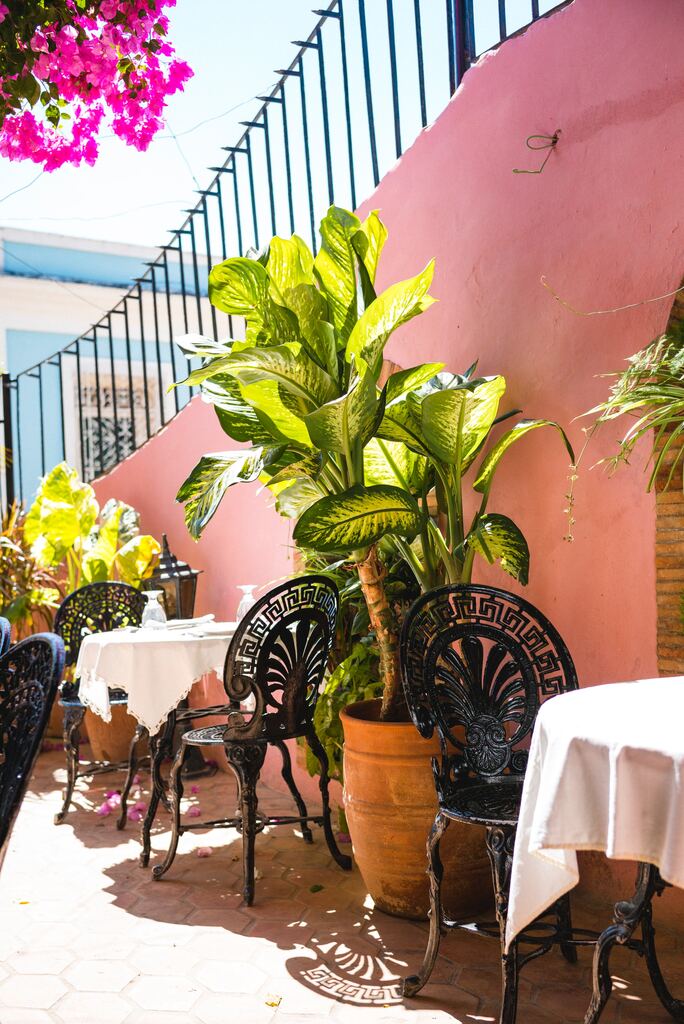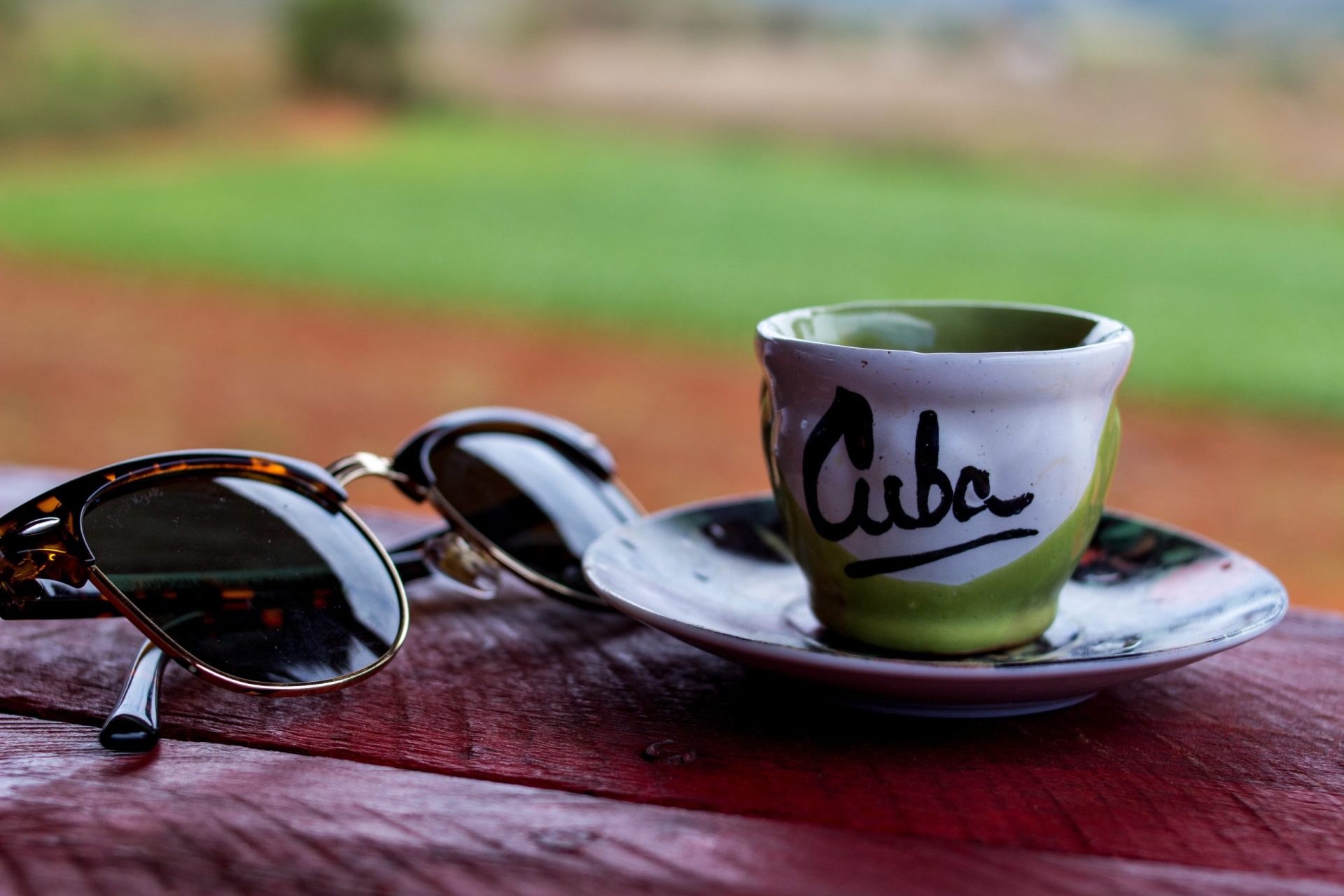Experience the unique world of the Coffee Culture in Cuba, a fascinating blend of history, tradition, and taste, resonating in every cup. Explore how Cuba, a land known for its sugarcane and tobacco, has nurtured a coffee culture that transcends beyond ordinary taste experiences.
Table of Contents
| Headings and Subheadings |
|---|
| 1. The Birth of Coffee Culture in Cuba |
| 2. From Plantation to Cup: A Journey of the Cuban Coffee Bean |
| 3. Iconic Cuban Coffee Varieties |
| 4. The Influence of Climate on the Cuban Coffee |
| 5. Cuban Coffee Processing Methods |
| 6. Coffee Drinking Rituals in Cuba |
| 7. The Place of Coffee in Cuban Society |
| 8. Coffee Houses in Cuba: More Than Just Cafes |
| 9. The Role of Women in Cuban Coffee Culture |
| 10. Coffee in Cuban Literature and Art |
| 11. The Impact of Politics on Cuban Coffee Culture |
| 12. The Resurgence of Coffee Culture in Post-Revolution Cuba |
| 13. The Environmental Impact of Cuban Coffee Culture |
| 14. Cuban Coffee in the International Market |
| 15. The Future of Coffee Culture in Cuba |
| 16. FAQ: Coffee Culture in Cuba |
| 17. Conclusion: The Enduring Spirit of Cuban Coffee Culture |
The Birth of Coffee Culture in Cuba
Coffee was introduced to Cuba by Jose Antonio Gelabert in 1748, and it was not long before the fertile lands of Sierra Maestra Mountains became home to extensive coffee plantations. Initially a beverage of the elite, coffee soon found its place in the everyday lives of the Cuban people, shaping their culture in unexpected ways.
From Plantation to Cup: A Journey of the Cuban Coffee Bean
The Cuban coffee journey begins in the cool highlands of the Sierra Maestra Mountains, where coffee cherries are hand-picked and carefully processed. This manual method of cultivation and processing has remained largely unchanged over the centuries, preserving the distinctive quality and flavor of Cuban coffee.
Iconic Cuban Coffee Varieties
From the robust intensity of Café Cubano to the smooth allure of Cortadito, Cuban coffee comes in a range of delightful varieties. Each variety offers a unique taste experience, reflecting the diverse influences that have shaped the coffee culture in Cuba.
The Influence of Climate on the Cuban Coffee
Cuba’s tropical climate and rich, volcanic soil provide the perfect conditions for cultivating coffee. The high altitudes and cool climate of the Sierra Maestra Mountains, in particular, are ideal for growing the Arabica variety, renowned for its superior taste and aroma.
Cuban Coffee Processing Methods
In Cuba, coffee processing involves a series of steps, including depulping, fermenting, washing, and drying. The beans are then sorted and roasted to bring out their characteristic flavor and aroma. While modern technology has made inroads into the Cuban coffee industry, traditional processing methods still hold sway.
Coffee Drinking Rituals in Cuba
Drinking coffee in Cuba is a ritual steeped in tradition and cultural nuances. From the morning cafecito to the evening espresso, coffee punctuates the Cuban day, providing moments of relaxation, conversation, and camaraderie.
The Place of Coffee in Cuban Society
Coffee holds a special place in Cuban society. It is a symbol of hospitality, a social unifier, and a source of national pride. Whether it’s in the bustling city cafes or the rustic countryside, coffee forms an integral part of Cuban identity.
Coffee Houses in Cuba: More Than Just Cafes

Coffee houses in Cuba are much more than just places to enjoy a cup of coffee. They are social hubs, meeting points, and sometimes even stages for impromptu musical performances. These lively establishments encapsulate the essence of Cuban coffee culture.
The Role of Women in Cuban Coffee Culture
Women play a significant role in the coffee culture of Cuba. From working in the coffee plantations to brewing coffee at home, women have been instrumental in shaping and preserving the country’s coffee traditions.
Coffee in Cuban Literature and Art
Coffee has found its way into Cuban literature and art, serving as a symbol, a motif, or simply as a humble everyday object. Through the lens of literature and art, we can gain deeper insights into the significance of coffee in Cuban culture.
The Impact of Politics on Cuban Coffee Culture
Politics has left its mark on the coffee culture in Cuba. From the nationalization of coffee farms to export bans, political decisions have had far-reaching impacts on the coffee industry and the coffee-drinking habits of the Cuban people.
The Resurgence of Coffee Culture in Post-Revolution Cuba
Following the Cuban Revolution, the coffee industry underwent a period of decline. However, recent years have seen a resurgence of coffee culture, with new coffee houses opening up and Cuban coffee gaining recognition in the international market.
The Environmental Impact of Cuban Coffee Culture
While coffee production is a key part of the Cuban economy, it also has environmental implications. Issues such as deforestation, soil erosion, and water pollution are increasingly becoming areas of concern.
Cuban Coffee in the International Market
Cuban coffee holds a special place in the international coffee market, thanks to its unique taste and quality. Despite facing challenges such as trade restrictions and climate change, Cuban coffee continues to be sought after by coffee connoisseurs around the world.
List of the Top 7 most popular Cuban coffee makers in the United States:
- Café Bustelo: Café Bustelo is a widely recognized Cuban-style coffee brand available throughout the U.S. They are known for their espresso-style dark roast coffee, typically enjoyed by Cubans in cafecito form.
- Pilon: Pilon is another well-known Cuban coffee brand. They produce bold, aromatic coffee with rich flavors.
- La Llave: Gaviña’s La Llave is a favorite among Cubans. The brand has a long history, with roots tracing back to Cuba before the company relocated to the U.S. post-1959.
- Naviera Coffee Mills: Based in Tampa, Florida, Naviera Coffee Mills has been providing Cuban-style coffee since 1921. Their deep-flavored coffee blend is particularly popular.
- Mayorga Organics: Although not strictly a Cuban coffee brand, Mayorga Organics is popular among Cuban coffee lovers due to its Cafe Cubano roast, which features notes of vanilla and sweet, syrupy smokiness.
- Cafe La Caridad: This brand offers a flavorful blend of coffee that’s roasted in the Cuban style, providing a robust taste that’s enjoyed by many.
- Café Cubita: Though not as widely available in the U.S. as some others, Café Cubita offers authentic Cuban coffee and is appreciated by those seeking a truly traditional Cuban coffee experience.
The Future of Coffee Culture in Cuba
The future of the coffee culture in Cuba looks promising, with efforts underway to increase coffee production, improve coffee quality, and promote sustainable farming practices. As Cuba opens up to the world, its unique coffee culture is set to captivate a new generation of coffee lovers.
FAQ: Coffee Culture in Cuba
What is special about Cuban coffee? Cuban coffee is known for its distinctive taste and quality, which is a result of the country’s unique climate, fertile soil, and traditional cultivation and processing methods.
What are some popular varieties of Cuban coffee? Café Cubano, Café con Leche, and Cortadito are among the popular varieties of Cuban coffee.
How is coffee served in Cuba? Coffee in Cuba is typically served in small, espresso-sized cups and is often enjoyed black and sweetened with sugar.
What role does coffee play in Cuban society? Coffee plays a significant role in Cuban society. It is a symbol of hospitality, a social unifier, and a source of national pride.
What are the environmental impacts of coffee production in Cuba? Coffee production in Cuba has environmental impacts such as deforestation, soil erosion, and water pollution. Efforts are underway to promote sustainable farming practices.
What is the future of the coffee culture in Cuba? The future of the coffee culture in Cuba looks promising, with efforts to increase coffee production, improve coffee quality, and promote sustainable farming practices.
Conclusion: The Enduring Spirit of Cuban Coffee Culture
The coffee culture in Cuba is a vibrant tapestry woven with threads of history, tradition, and a deep love for coffee. As we sip on a cup

